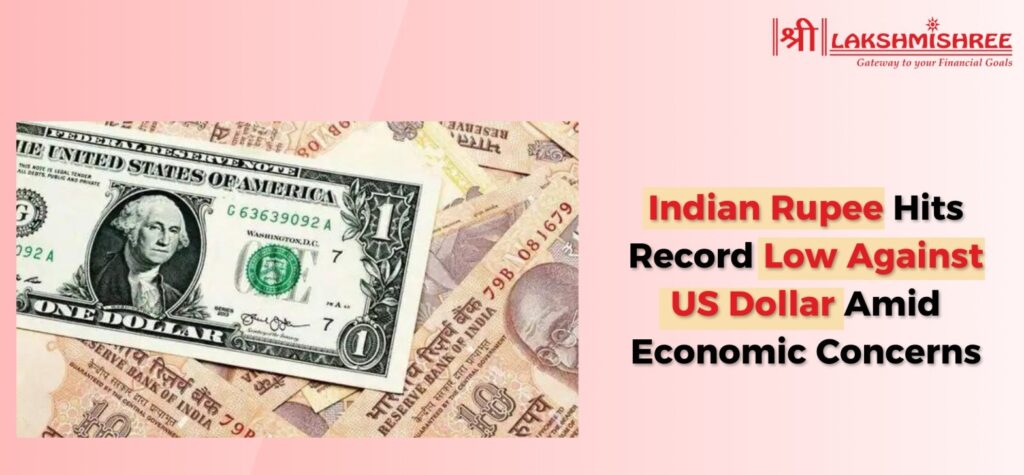
The Indian rupee plunged to a historic low against the US dollar, closing at 83.57 on Wednesday. This depreciation underscores ongoing economic challenges and a strengthening US dollar which has significantly impacted emerging markets.
The Indian currency's slide past the 83.50 mark was driven by multiple factors. Persistent inflationary pressures, elevated crude oil prices, and a robust dollar index, which rose above 105.20, have collectively weighed on the rupee. Additionally, geopolitical uncertainties and market anxieties surrounding the Federal Reserve's upcoming policy decisions further exacerbated the rupee's decline.
Currency traders and analysts closely monitor the situation, with some predicting further depreciation if the rupee fails to maintain its resistance levels. "There isn’t much fresh positioning on USD/INR as traders are awaiting key economic data," noted a market trader.
This record low of the rupee highlights broader regional trends. The US dollar has outperformed 22 of the top 23 Asian currencies this month, signalling its dominance despite global economic headwinds.
The Reserve Bank of India (RBI) has been observed intervening less aggressively in the forex market recently, a shift from its earlier strategies to curb volatility. This hands-off approach has led to speculations about potential new policies or a strategic reserve buildup.
Economists suggest that if current trends continue, the rupee might see further lows, possibly touching 83.72 against the dollar. This situation demands a cautious approach from investors and policymakers alike to navigate the prevailing economic turbulence and mitigate further currency devaluation.
Do you have a news tip for Lakshmishree reporters? Please email us at media@lakshmishree.com
